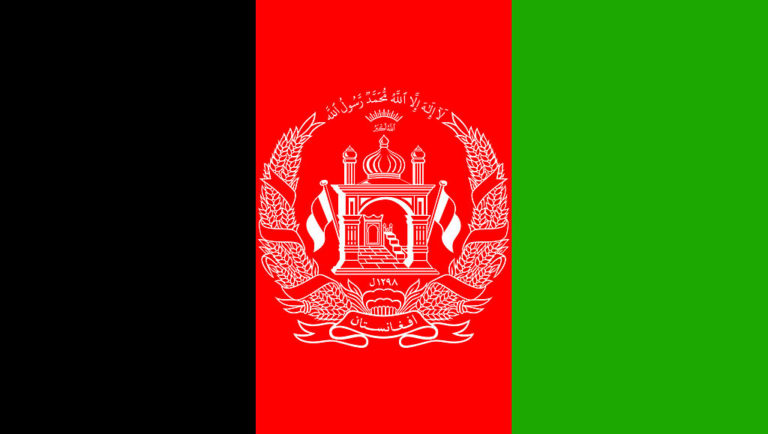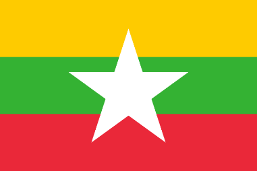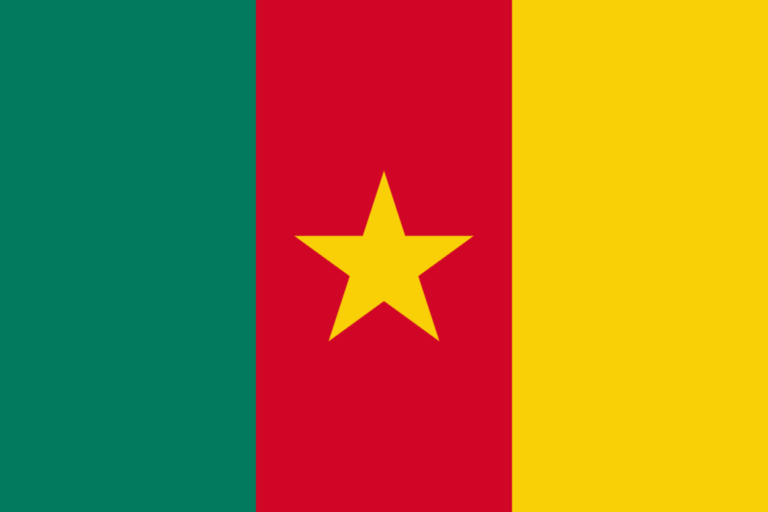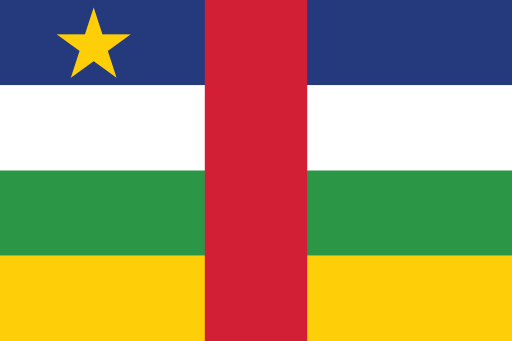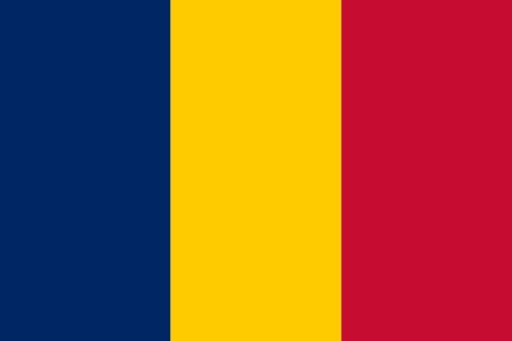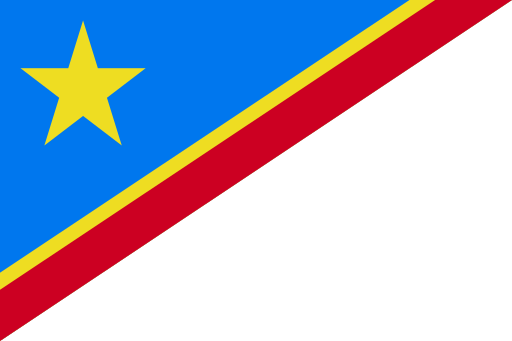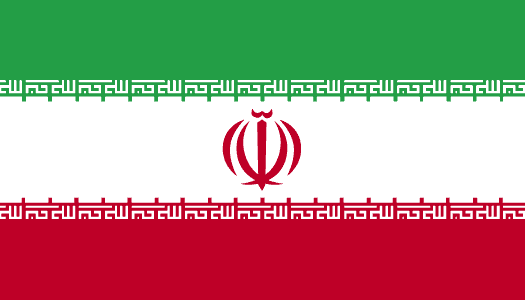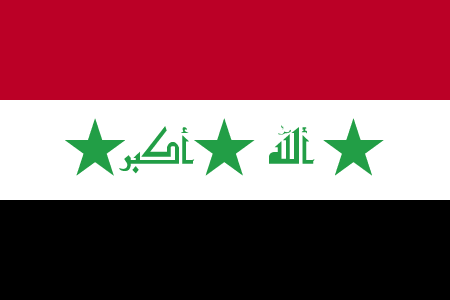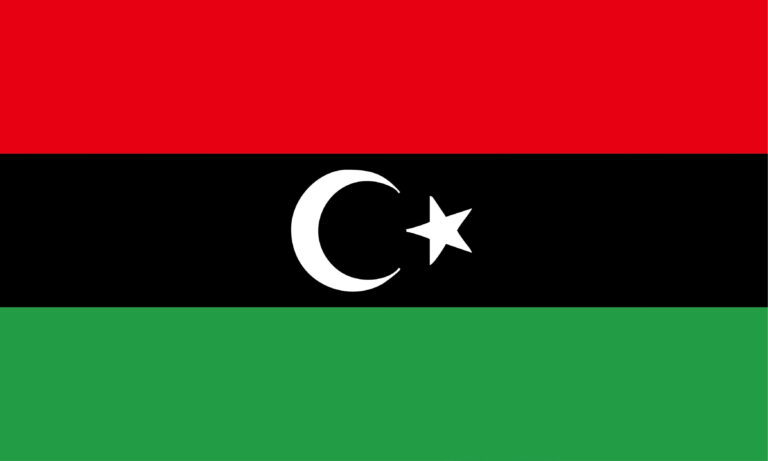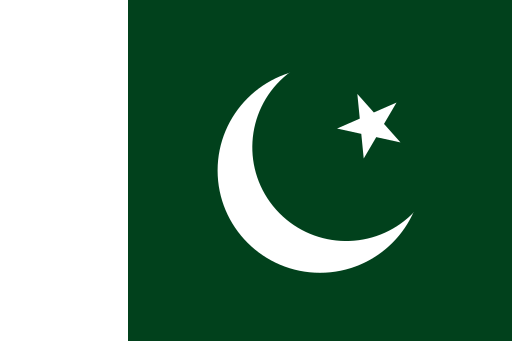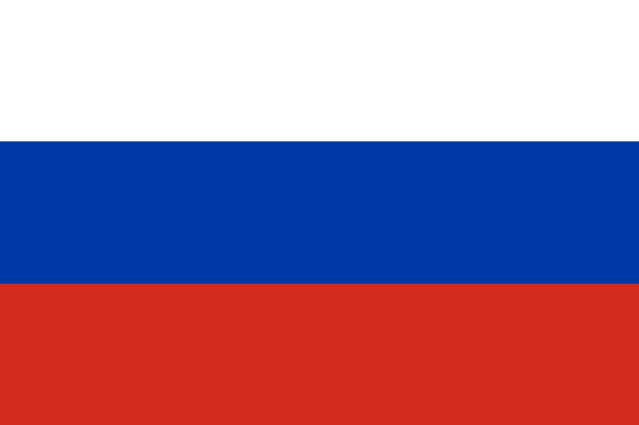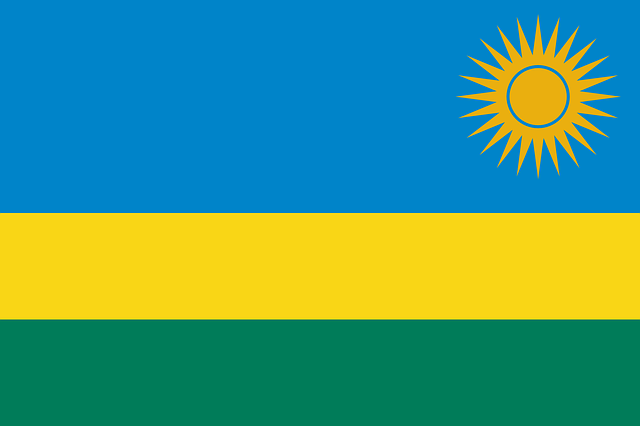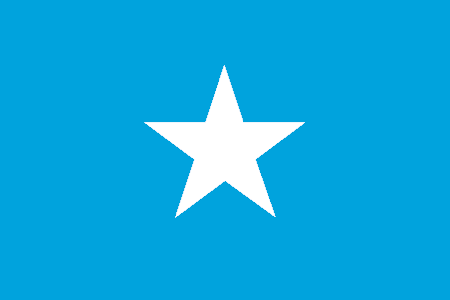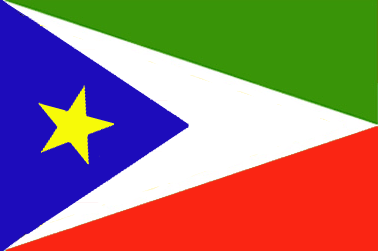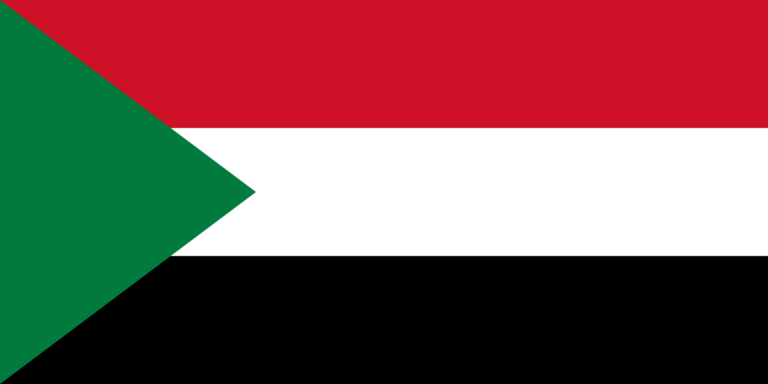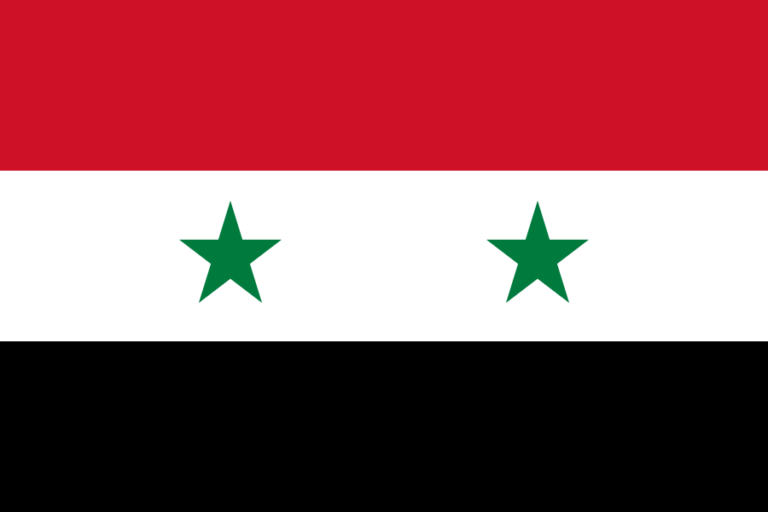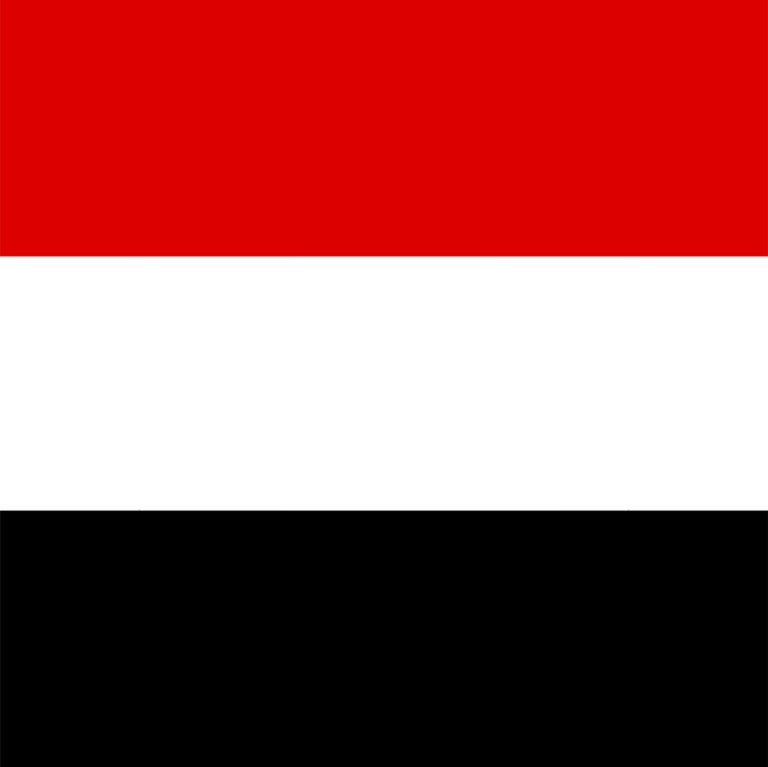- Updated October 24, 2023
Years Listed
Each shaded box corresponds to a year the country appeared on the CSPA list and what types of waivers it received, if any.
Somalia has appeared on the CSPA list for fourteen consecutive years beginning in 2010. The U.S. president waived, either in part or in full, CSPA prohibitions against the provision of U.S. arms sales and military assistance to Somalia for eleven consecutive years beginning in 2013, resulting in the provision of more than $2.4 billion in arms sales and military assistance between FY2014 and FY2024.
Specifically, the president has waived more than $19.2 million in Direct Commercial Sales, more than $1.8 million in International Military Education and Training, more than $2.3 billion in Peacekeeping Operations assistance, and more than $135 million in Section 1206 or Section 333 assistance to Somalia. The president denied Somalia more than $63.6 million in Direct Commercial Sales due to CSPA prohibitions.
Since 2021, U.S. presidents have been required to include justifications for CSPA waivers that were issued during the previous year in the annual Trafficking in Persons Report. Somalia’s 2020 and 2021 waiver justifications maintain that “[t]he waiver for IMET assistance will support the professionalization of the Somali military. This assistance enables the U.S. government to continue to fulfill its goal of assisting the Federal Government of Somalia (FGS) to build effective and rights-respecting security forces, which are indispensable to achieving greater military effectiveness. The waiver for PKO assistance, used in assisting efforts to form broad-based, multi-clan Somali security forces, will also support this goal. Further, a waiver for support provided by the Department of Defense pursuant to 10 U.S.C. 333 will allow for U.S. government assistance to build the Somali military’s capacity to conduct effective, sustained counterterrorism operations against al-Shabaab and, through cooperation, help reinforce U.S. values including those related to preventing and responding to the unlawful recruitment and use of child soldiers.” Similar language was included in the 2022 waiver justification for Somalia.
According to the U.S. State Department, Somalia’s federal security forces – including the Somali National Army (SNA), Somali National Police (SPF), and National Intelligence and Security Agency – as well as its regional security forces – including the Puntland Forces, Puntland Police, Galmudug Forces, Galmudug Police, Hirshabelle Police, Jubaland Forces, and Somaliland Forces – have recruited and used child soldiers. At least 1,171 children were recruited and used in 2020 alone by armed forces and groups in Somalia, mostly by al-Shabaab. However, federal and regional security forces reportedly also continued to recruit and use children between April 2022 and March 2023. The SNA often uses child recruits in support roles – to carry equipment, run errands, guard military bases, or direct traffic – though there have also been reports of army units deploying children as front-line fighters.
By 2011, the government of Somalia began screening SNA soldiers to identify children in the army’s ranks. The next year, it signed a UN Action Plan to end the recruitment and use of children by the SNA. In 2018, the government undertook a process of biometric registration to detect and deter child soldier recruitment in its armed forces – though it had yet to implement the system as of March 2023 – and launched public awareness campaigns in coordination with international organizations to raise awareness of child protection issues. In 2019, the government published a detailed roadmap, which is still awaiting parliamentary approval, to strengthen child protection efforts and held a number of trainings with military officers, judges, and police officers. In recent years, the government has continued to implement its 2012 action plan, conduct training and awareness-raising campaigns, and screen military personnel to prevent the recruitment and use of child soldiers. Between April 2022 and March 2023, the government reportedly screened 4,769 SNA personnel and identified and referred to care five child soldier among their ranks. The government also established and regularly convened national and regional-level children and armed conflict working groups to strengthen efforts to prevent the recruitment and use of child soldiers during this period. However, corruption, official complicity, instability, and the government’s inconsistent command and control of SNA forces continued to hamper efforts to address the recruitment and use of child soldiers, and the government did not report any investigations, prosecutions, or convictions of government employees complicit in child soldiering offenses.
For more information, see the U.S. State Department’s Trafficking in Persons Report and Country Reports on Human Rights Practices. More information on the situation in Somalia can also be found in the UN Secretary-General’s annual report on Children and Armed Conflict and country-specific report on Somalia.
Total Waived and Prohibited
Since the CSPA took effect.
Explore the Data
Country- and program-level data on the number and type of national interest waivers granted, as well as the amount of arms sales and military assistance waived.

